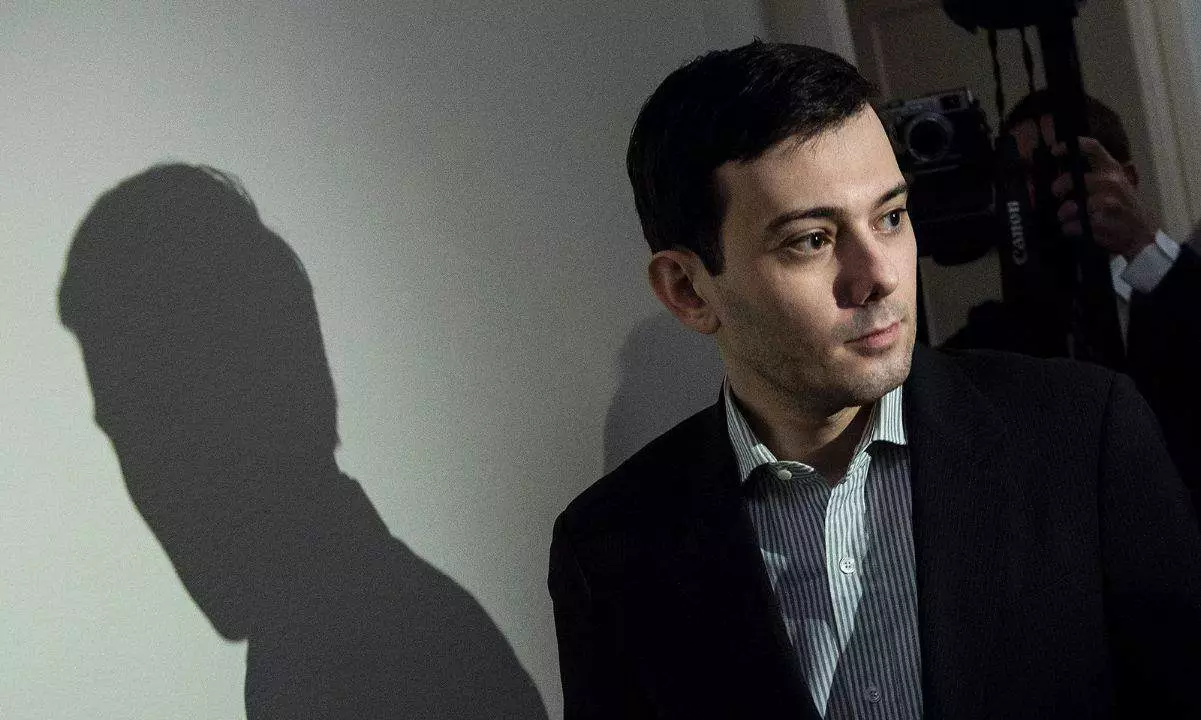In an intriguing blend of financial mischief, music history, and legal drama, former pharmaceutical executive Martin Shkreli continues to dominate headlines. The latest development involves his battle with PleasrDAO, a decentralized autonomous organization that invested in the ownership of a rare Wu-Tang Clan album, “Once Upon a Time in Shaolin.” This single-copy album has sparked contentious disputes over intellectual property rights and ownership ever since its acquisition by Shkreli for $2 million back in 2015. The uniqueness of this album, shrouded in contractual secrecy and promise, makes this case particularly captivating.
The trouble began in June 2024 when PleasrDAO filed a lawsuit against Shkreli, accusing him of illegal copyright violations related to the album. According to PleasrDAO, Shkreli has not only maintained unauthorized copies of the recording but has actively diminished its market value by flaunting these copies publicly. Shkreli, unyielding in his stance, petitioned the Brooklyn federal court to dismiss PleasrDAO’s claims, arguing that they fall under the purview of the Copyright Act, thereby absolving him from liability.
Furthermore, Shkreli seeks to introduce Wu-Tang Clan members Robert Diggs (The RZA) and Tarik Azzougarh (Cilvaringz) into the proceedings, asserting they should bear responsibility as co-owners of the album. This plea suggests a complex web of ownership and rights as Shkreli tries to navigate the rocky terrain of artists’ intentions and rights versus market dynamics in the digital age.
The tug of war over the Wu-Tang album raises deeper questions about copyright law and digital ownership. When Shkreli purchased the album, he entered into a contract that allowed him to keep a portion of the copyright even while retaining exclusive possession of the physical record. However, PleasrDAO contests that their acquisition come with terms requiring Shkreli to relinquish all rights upon sale. The essence of these conflicting claims speaks to the broader issues surrounding NFTs (non-fungible tokens) and music ownership in the rapidly evolving digital landscape.
The controversy escalated when video footage surfaced of Shkreli audibly playing the album on his YouTube channel. Not only did this action break the perceived exclusivity of the record, but it also raised serious ethical questions about Shkreli’s intentions as a self-proclaimed owner. His flippant remark about hiding various copies across the globe and boastful videos showcasing listening parties strike at the heart of PleasrDAO’s lawsuit, framing it not only as a legal issue but also as an affront to the artistic integrity associated with Wu-Tang Clan’s work.
This legal dispute exemplifies a modern conflict at the intersection of art and commerce. The emergence of NFT ownership introduces ambiguity surrounding the rights granted with digital acquisitions. In the case of the Wu-Tang Clan album, the essence of artistry clashes with capitalist impulses, particularly as PleasrDAO argues that Shkreli’s actions have financially damaged their investment. Music, traditionally a form of expression, finds itself embroiled in a battleground of ownership claims, leaving both artists and collectors questioning the nature of value and rights in the digital world.
Beyond the legal quagmire, Shkreli’s past as a convicted fraudster complicates the public perception of his actions. Following his arrest for investor fraud related to Retrophin Inc., Shkreli has often been depicted as a villain in the media narrative. Claims about his involvement in cryptocurrency ventures like the dubious DJT meme coin further tarnish his reputation, presenting him as a provocateur rather than a responsible owner or collector.
This reputation feeds into the broader discussion on the accountability of influencers in the digital art and music spaces, and their impact on maintaining the integrity of original works. Shkreli’s audacious antics have served to ignite conversations about the responsibilities that come with ownership in a landscape where rights and legitimacy appear increasingly fragmented.
As this legal saga continues to unfold, the case of Martin Shkreli vis-a-vis PleasrDAO provides a fascinating lens through which we can examine contemporary issues of copyright, ownership, and artistic integrity. It challenges both the legal systems and the music industry to navigate the intricacies of digital ownership in an era that values exclusivity and access. The resolution, however, remains uncertain, making this an ongoing story crucial not just to the parties involved, but to the future of music as a product of artistic creation.
















Leave a Reply